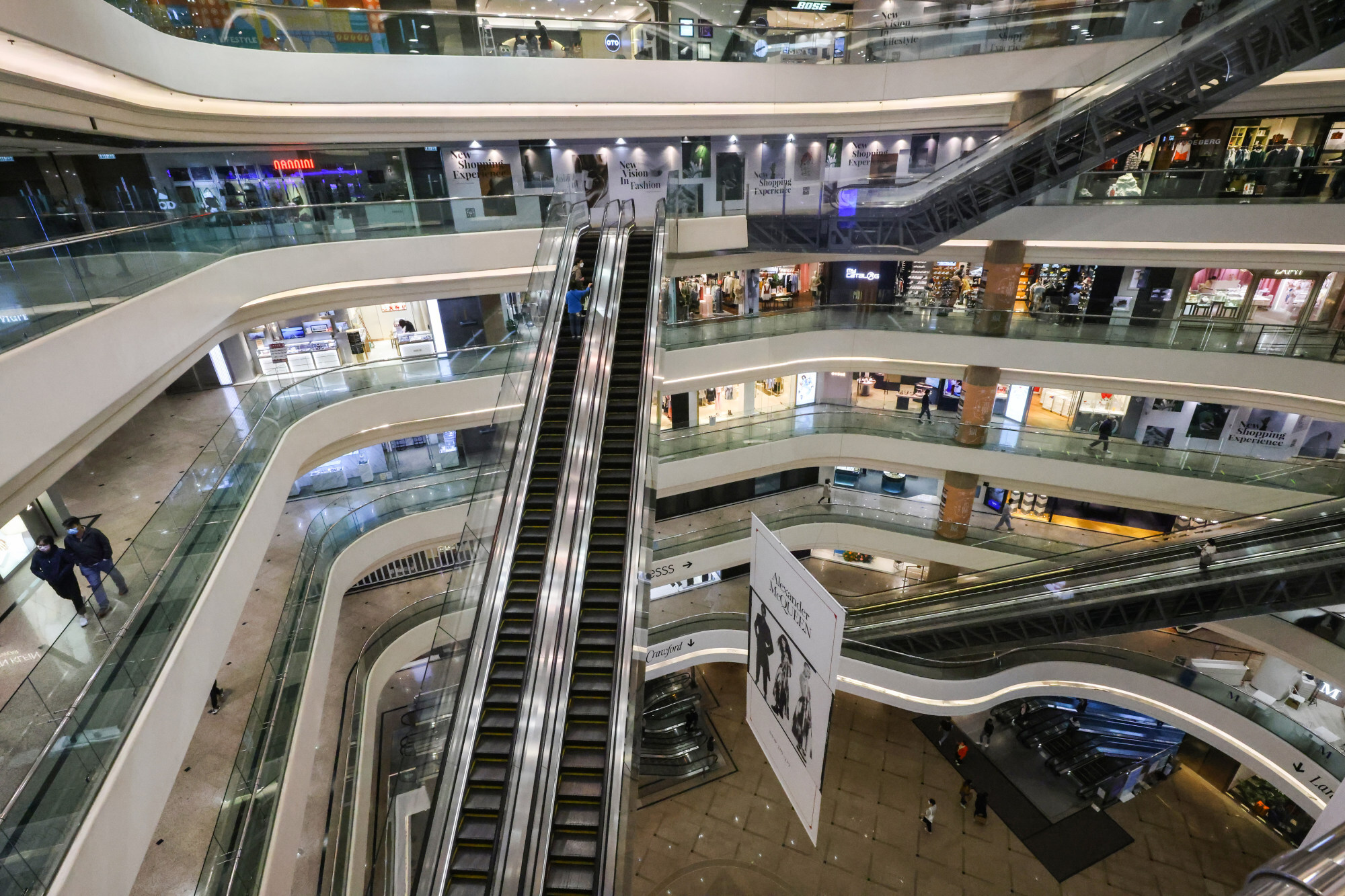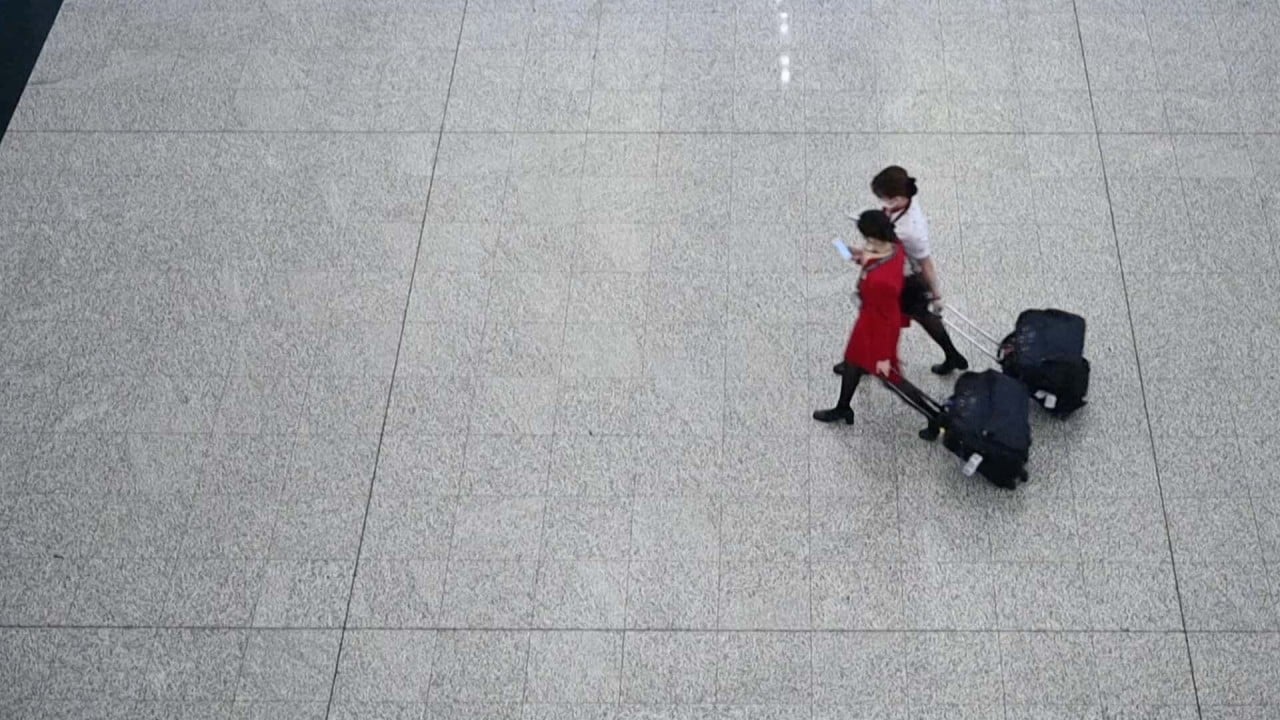
Hong Kong mall and office landlord Wharf Reic says unless economy recovers quickly, situation will be ‘difficult to deal with’
- Prospects for this year are ‘very cloudy’, chairman says
- Wharf Reic’s underlying net profit for last year decreased by 13 per cent, to pay second interim dividend of 64 Hong Kong cents per share
Footfall at shopping centres suffered a big drop in the first two months of this year, while a downward pressure on office rents will continue unless the economy recovers, Stephen Ng, the company’s chairman and managing director, said during a briefing on Thursday.
Ng’s comments came after Financial Secretary Paul Chan Mo-po said in his budget briefing last week that small and medium-sized enterprises (SMEs) in certain sectors will be allowed to defer rent payments by up to six months. The Real Estate Developers Association of Hong Kong failed to reach a consensus with the government on the policy in an online meeting on Tuesday.
Wharf Reic’s underlying net profit for the year ending on 31 December, 2021 decreased by 13 per cent to HK$6.5 billion (US$834 million), compared with about HK$7.5 billion in the previous year, according to its exchange filing on Thursday. In lieu of a final dividend, a second interim dividend of 64 Hong Kong cents per share would be paid, the company said.
The speed and scope of the rent deferral legislation, such as the definition of SMEs, remained uncertain, Ng said. He pointed out that many of Wharf Reic’s tenants were larger than the company in scale.

The retail footfall had plunged, and whether it was a 50 per cent drop or a 60 or 70 per cent drop, did not matter, he added. “In the first half of this year, the retail market is definitely not [expected to be] too good. I definitely do not dare to be optimistic,” Ng said. “In the past few weeks, there have been fewer people going out, and fewer cars [on the streets]. We are not immune to the overall market situation.”
There were fewer discussions over renewals of leases because of Lunar New Year and the market shock from the city’s recent Covid-19 outbreak, with tenants adopting a wait-and-watch approach, he said. The company had taken the lead and offered a “reasonable level” of concessions to share the burden with tenants, Ng said without revealing the percentages involved.
The office supply imbalance started a couple of years ago, when occupancy started to climb, leading to a downward pressure on rents, Ng said.

Most office districts in Hong Kong, except Central, had more than 10 per cent vacancies in grade A buildings, based on the latest data available with Wharf. Vacancies at its properties in Tsim Sha Tsui and Causeway Bay also amounted to more than 10 per cent.
Some industries had been fundamentally affected because of dependence on tourists, such as the insurance industry, which generated much of its business from mainland Chinese customers, he added. As these industries were suffering, they did not have the capacity to expand.
“This will continue unless the economy can quickly recover,” Ng said, adding that pressure on both retail and office rents combined was “difficult to deal with”.
Hong Kong flat becomes most expensive in Asia by square foot
Passengers had also more than halved at Star Ferry, which Wharf owns, since a peak in 2019, Ng said. After the fifth wave broke, these numbers were almost further halved. Some staff members had been infected so manpower was in shortage. Both these situations had led to reduced capacity, he added.


